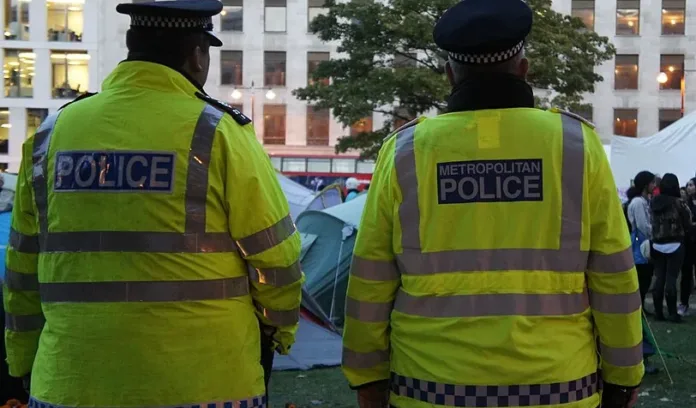Commissioner insists face scans at carnival won’t be biased despite rights groups’ legal fight
The Metropolitan police chief has flatly rejected calls to abandon live facial recognition technology at this weekend’s Notting Hill carnival, insisting the controversial surveillance tool will be used “in a non-discriminatory way”.
Mark Rowley, commissioner of the Met, defended the move in a letter to campaigners after 11 civil liberties and anti-racism groups urged him to scrap the plan. He said the algorithm behind the face-matching cameras “does not perform in a way which exhibits bias” and would only target a “small minority” of serious offenders.
The backlash has been swift. Groups including the Runnymede Trust, Liberty, Big Brother Watch, Race on the Agenda and Human Rights Watch have all condemned the decision, warning that the use of facial recognition at Europe’s biggest street carnival risks fuelling racial profiling and distrust in policing.
Their joint letter accused the Met of effectively “self-regulating” its use of the technology in the absence of formal legislation. Campaigners said the system can be deployed in settings that increase the likelihood of errors against women and ethnic minorities.
The carnival, held annually over the August bank holiday weekend, attracts around 2 million people to west London, making it the second largest street festival in the world. The Met confirmed last month that specially mounted cameras would be placed at entrances and exits across the two-day celebration.
Rowley admitted in his reply that earlier use of facial recognition at the carnival in 2016 and 2017 was a failure, undermining public trust after 102 people were wrongly flagged and no arrests followed. But he insisted the technology has been vastly improved since then.
Embed from Getty Images“Since then, we’ve made considerable progress,” he wrote. “The current version of the algorithm is significantly improved, has undergone independent testing and validation, and now performs to a much higher standard.”
He said the system was a critical part of efforts to identify those intent on violence, sexual offences and other serious crimes. At last year’s carnival, police made 349 arrests for crimes ranging from homicide and rape to weapons possession and violent disorder.
“Together, these offences represent a threat to public safety and all those who seek to enjoy carnival safely,” Rowley said. “Our use of LFR is part of a much broader strategy to locate, disrupt, and deter the minority who pose such risks.”
Yet civil liberty groups remain unconvinced. The challenge has escalated since Shaun Thompson, a Black British anti-knife campaigner, filed a high court case last month after being wrongly identified by facial recognition cameras, detained by police and pressured to provide fingerprints.
Although Rowley’s letter did not address Thompson’s case, he rejected claims that the Met is acting without a legal framework. He cited obligations under the Equality Act 2010, the European Convention on Human Rights and data protection laws as providing safeguards against abuse.
But critics say those measures are inadequate. Rebecca Vincent, interim director of Big Brother Watch, said: “With no legislation governing live facial recognition, no governmental framework as promised by the home secretary, and a crucial judicial review pending, why the rush to accelerate use of this Orwellian technology?
“We’re meant to operate on the basis of ‘policing by consent’, yet no one has consented to this, and certainly not the attendees of this cultural celebration. We all want criminals off the streets, but turning carnival into a mass police lineup is not the way to do it.”
The row leaves this year’s carnival caught between celebration and surveillance. As steel bands and sound systems prepare to draw millions onto the streets, all eyes will also be on the mounted cameras — and whether they deliver accuracy or inflame distrust.
